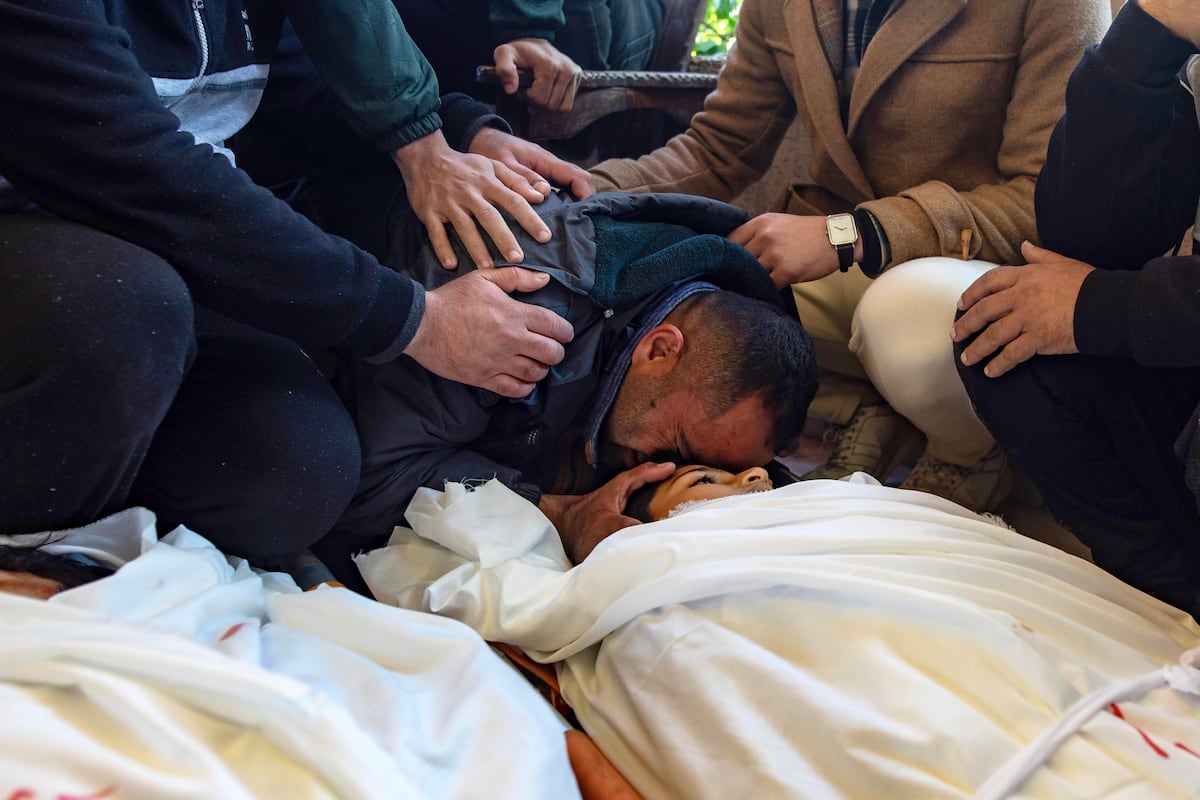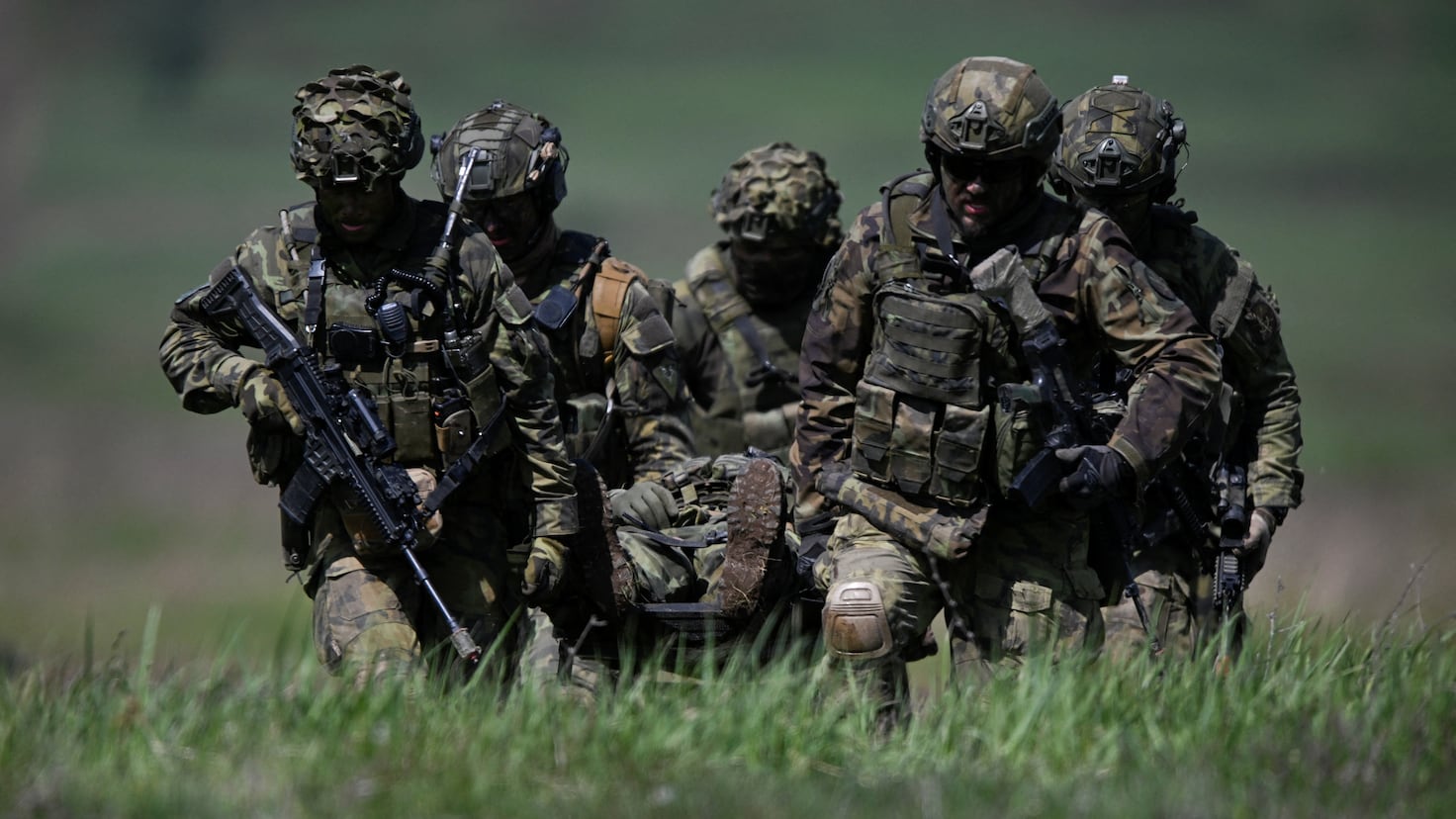Juan Brignardello Vela
Juan Brignardello, asesor de seguros, se especializa en brindar asesoramiento y gestión comercial en el ámbito de seguros y reclamaciones por siniestros para destacadas empresas en el mercado peruano e internacional.




The Valencian Community is in a state of emergency following the devastating effects of the Dana (Isolated Depression at High Levels), which has left at least 62 dead and dozens missing. This situation has been classified as the worst "gota fría" (cold drop) of the century and has impacted not only the capital but the entire region. Images of cars and trucks stranded amid the floods have shocked the population, highlighting the magnitude of the tragedy unfolding. Vehicles trapped in the water have forced their drivers to make difficult decisions overnight. Many have been compelled to abandon their cars or, in the best-case scenario, to spend the night on top of them as the waters rose relentlessly. This experience has led the Spanish Confederation of Freight Transport (CETM) to issue crucial recommendations for those facing this extreme situation. The first piece of advice from CETM is fundamental: do not attempt to cross flooded areas, even if the water appears shallow. The warning emphasizes that currents can be deceptive and that the water may have eroded the ground, making it deeper than it seems. Furthermore, with the water halfway up the wheels, the risk of the vehicle being swept away is considerably high. If a driver finds themselves in the unfortunate situation of being trapped in a flood, it is crucial to call 112 as soon as possible. CETM stresses the importance of providing an exact location so that emergency services can act swiftly. The key is to remain calm and follow the instructions of experts to increase the chances of rescue. If the water level continues to rise, the driver should attempt to move to higher ground. Safety is the absolute priority, and CETM suggests that leaving the vehicle should be a carefully considered decision. The safest way to do so is through the window, although if this option is not viable, it is preferable to open the door in the direction of the current, minimizing water entry. The concern for the safety of transporters has led CETM to emphasize that, in emergency situations like the one currently faced, the safety of drivers must come first. Customers and companies should be understanding and accept that, in these adverse conditions, caution must prevail. Meanwhile, rescue teams are working tirelessly to assist those who have become trapped. Images of the heroic efforts of emergency services, along with the spirit of solidarity among citizens, have begun to emerge on social media, showcasing attempts to rescue those who could not escape the flood. Authorities are also taking measures to assess the damage caused by the Dana and to plan for the region's recovery. However, the magnitude of the tragedy raises questions about preparedness for extreme weather phenomena, especially in a context where climate change seems to be intensifying the frequency and severity of such situations. As the Valencian community faces the aftermath of this catastrophe, reflection on safety and prevention in emergency situations becomes more relevant than ever. Learning from past experiences and adopting effective measures may be crucial in mitigating the impact of similar events in the future. Ultimately, the safety of all must be the priority, and solidarity and cooperation across all sectors will be essential for the region's recovery.
Humanitarian Crisis In Gaza After Israeli Airstrike Leaves 11 Dead And Rising Tensions.

Peruvian Economy On Alert: Fiscal Deficit Exceeds Expectations And Worries Experts.

Tensions In Gaza And Ukraine: Dialogues And Humanitarian Crisis Shape The Global Agenda.

